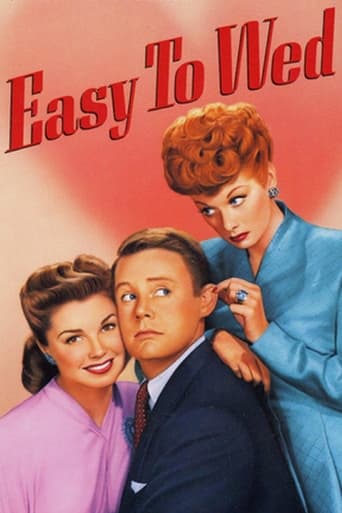


Easy to Wed
When a newspaper accuses a wealthy socialite of being a homewrecker, she files a multi-million-dollar libel lawsuit. The publication's frazzled head editor now must find a way to discredit her.
-
- Cast:
- Van Johnson , Esther Williams , Lucille Ball , Keenan Wynn , Cecil Kellaway , Ben Blue , Paul Harvey


Similar titles
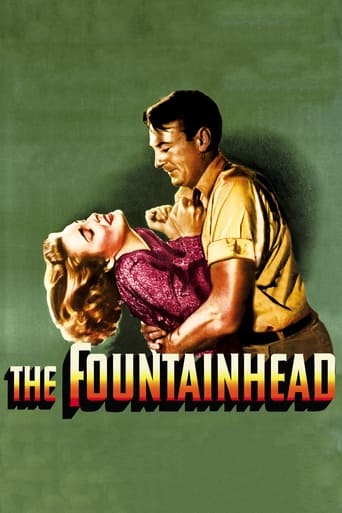
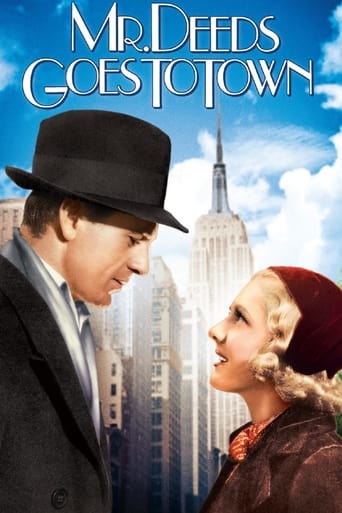
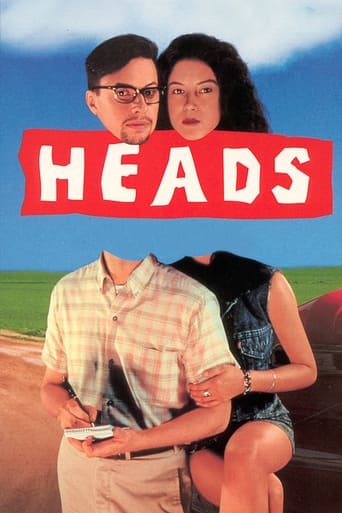
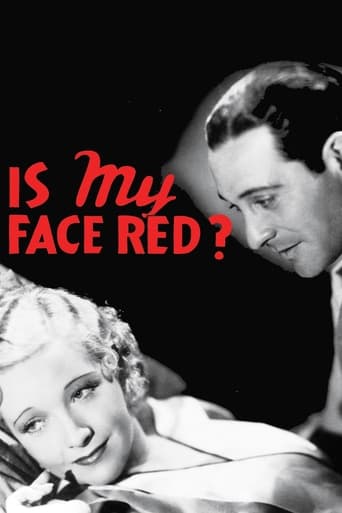
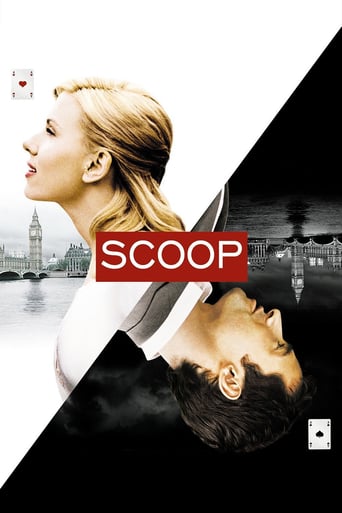
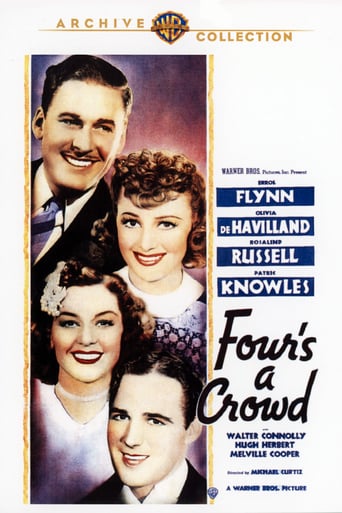
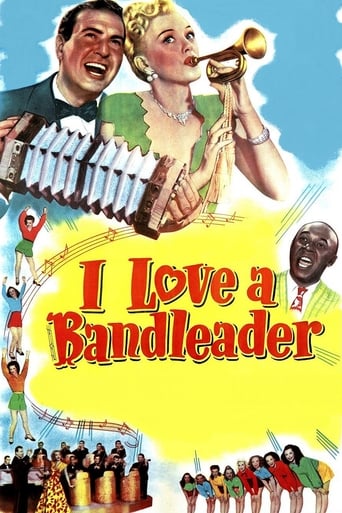

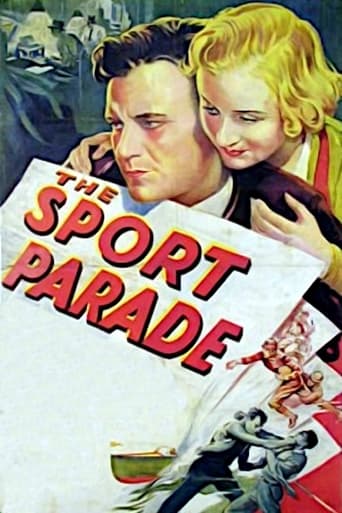
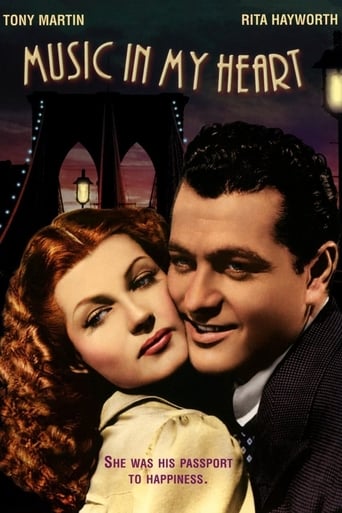
Reviews
Did you people see the same film I saw?
This is a small, humorous movie in some ways, but it has a huge heart. What a nice experience.
The acting in this movie is really good.
Each character in this movie — down to the smallest one — is an individual rather than a type, prone to spontaneous changes of mood and sometimes amusing outbursts of pettiness or ill humor.
'Libeled Lady' is a marvellous and thoroughly enjoyable comedy, a near-classic with three of the four stars on top form (especially Jean Harlow and William Powell, Spencer Tracy's comedic chops became more refined and more at ease in his later films in my opinion).'Easy to Wed' is a musical remake but is nowhere near as good and one may question its point. It is by no means a bad film though and makes for more than serviceable entertainment. Starting with its faults, Esther Williams has little to do and her role does not play to her strengths while Van Johnson is wooden in a role just as underwritten and looks uninterested.The musical numbers don't feel necessary (despite Ethel Smith contributing very nicely on the organ), are not that compellingly staged and are also not particularly memorable, while the story is even more contrived than that of 'Libeled Lady' and lacks its zippy energy (the musical numbers do it no favours), some of it badly drags. The ending feels too pat and incomplete.However, the classy cinematography, beautiful use of colour and elegant wardrobe more than compensates as does a script that is almost as witty and sophisticated as that of 'Libeled Lady'. The duck hunting scene is not as hilarious as the fishing scene in 'Libeled Lady' but still an amusing scene. Edward Buzell does his best to inject some energy and style and does very competently.Keenan Wynn has very deft comic timing and doesn't come over as heavy-footed. It's Lucille Ball's exuberant and very funny performance that steals the show though, especially when she indulges into a flight of Shakespeare.On the whole, vastly inferior but serviceable and watchable. 5/10 Bethany Cox
Unlike many reviewers, I haven't seen the '36 "Libeled Lady", except for a preview, to which the present film is commonly unfavorably compared. Movie studios of the late '40s and '50s chose to redo some popular films of the late '20s and '30s, usually in color, contrasting with the B&W of the original, sometimes converting a pure comedy or drama into a musical, or completely redoing the music, and often making substantial alterations of the screenplay. In the present case, apparently, relatively few alterations of the screenplay were made. However, duck shooting, rather than fishing, is scripted as the hobby of the debutante's father, and thus the skill that Bill Chandler(Van Johnson) feels he must pretend he knows about and quickly learn the basics about, in order to facilitate getting his foot in the door of presenting himself as a desirable romantic partner for his debutante daughter(Esther Williams). I won't bother reviewing the screenplay in much detail, as this has been done enough. I will note that, with the exception of the Lucy-Jean Harlow comparison, the main character actors in this film are all approximately 5 years younger than their counterparts in the '36 film, and thus they seem like a younger bunch, more appropriately single. Even Lucy seems younger than Jean, although she was considerably older.Van and Esther were very popular, separately or together, with film audiences during the mid-'40s to mid-'50s period. Van had the vaudevillian skills of light comedy, song and dance, as well as being suitable for serious roles, such as in "Thirty Seconds Over Tokyo". Esther came across as an ideal 'all-American' girl, most famous for her water ballets, but also with decent talent as an actress, sometimes singing a song or two. Too often, she was portrayed by others as being a poor actress, only of interest to audiences in swimming pools. Here, her performance is commonly very unfavorably compared to that of her costar: Lucille Ball, and predecessor, Myna Loy. Well, Lucy, long time costar of mostly 'B' films , for various studies, was rightly cast as a dizzy showgirl, who is swept up into the complicated romantic plot of a temporary shotgun marriage-of-convenience to a man she initially labels as a baboon or ape(hardly an apt description of handsome, mild-mannered, blond, Van!). She gets to lead a chorus in the stage song and dance number "The Continental Polka", which serves as Van's chance to initially evaluate her, as a prospective temporary 'wife', in order to create a scandal when he hopefully attracts the amorous attention of socialite Connie(Esther), in order to induce her father to drop a libel charge against the newspaper his friend Warren(Keenan Wynn) works for. Lucy is given a rare opportunity during her Hollywood period to display repeated scenes of zaniness, rather like those characteristic of Betty Hutton or Martha Raye, for example, and she well succeeds in them. In contrast, Esther's character is supposed to be snobbish man bait, who routinely turns down proposals. Initially, she sees Van as just another wannabe gold digger. But, she's eventually impressed with his persistence, imagination, and winning boyish personality, and lowers her guard. Her humor is more subtle than Lucy's, but appropriate for her character. Van displays his gift for parlor dialogue, comedy(especially relating to duck shooting),and a couple of musical numbers with Esther, as part of a stage production in one case.Columbian singing sensation, Carlos Ramirez, contracted to MGM during the mid-40s, solos one song, as part of a Mexican floor show, later privately reprised by Esther and Van. Near the end, is an impressive dance production, again with Latin American costumes and music, and including Esther and Van, in a portion. Ethel Smith is also on hand to entertain with her famous jazzy organ music, during the two Latin-themed productions. Both she and Carlos had been included, more prominently, in Esther's first water-themed film: "Bathing Beauty".I don't understand why Van's character has the parson sign the marriage certificate, instead of the agreed upon detail that he doesn't sign it, thus rendering Van's marriage -of-convenience to Lucy's character not legally binding. Thus, in the ending, when Van's and Esther's characters want to get married, they have to dig up the detail that Lucy's supposed divorce from her previous husband wasn't legal, thus also was her unconsummated marriage to Van's character. But Lucy spoils the apparently happy ending by revealing that she subsequently obtained a legal divorce, not included in the records Van checked, thus apparently invalidating the just legalized marriage of Van's and Esther's characters. Lucy gives quite an impressive speech about her feelings about the matrimonial mess. The film ends with this marriage-go-round still unresolved, unclear whether Lucy's character can be induced to cooperate, even with possible monetary reward, in dissolving her sham marriage to Van's character, and perhaps agreeing to a marriage with Keenan Wynn's character, as the others wish, and was her original intention.Van had costarred with Esther the previous year in the very popular "Thrill of a Romance", and would later costar with her in "Duchess of Idaho", and "Easy to Love", by which time noted baritone Howard Keel was also a frequent costar. Most of her films we would classify as minor musicals, in which very few of the songs were intended to become standards. Although many of Esther's films included a water ballet or two, in place of dance productions, some, including this one didn't(It had a dance production, instead). However, she does manage an impressive underwater clinch and kiss with Van!
"Libeled Lady" is one of the best comedies of the 1930s. Much of was the writing and much was due to the incredibly strong cast. Think about it---Spencer Tracy, Myrna Loy, Jean Harlow and William Powell--ALL in one film! In 1946, MGM brought out a remake. While the basic story is similar, it's not as good. Plus, Esther Williams, Van Johnson, Keenan Wynn and Lucille Ball just weren't as good--though they tried.Like "Libeled Lady", the film is about a rich lady who is suing an irresponsible newspaper for its stories about her. However, oddly, in the original she was suing for $5,000,000 and here, a decade later, it's only $2,000,000--significant deflation, don't you think? To help try to get rid of the suit, the scheming newspaper man, Haggerty (Wynn), hires Bill Chandler (Van Johnson) to seduce the heiress, Connie Allenbury (Williams). Why? Because, in the interim, they'd get Bill a quickie marriage. Then, they'd have the 'jealous wife' storm in on them and threaten a suit of her own--along with photographers from the paper to make her case! But, since Bill isn't married, Haggerty has Chandler marry HIS fiancée (Lucille Ball)! Talk about romantic--getting Chandler to marry Haggerty's girl! There's only one problem with the plan...Bill falls for Connie and just can't get himself to do it. So, he schemes for a way to somehow please Haggerty AND Connie...if it's possible.The film is decent and offers a few laughs. However it suffers from a few plot problems (Connie's falling in love with Bill seems incredibly fast considering how nasty she'd been towards him up until then), now includes song which got in the way of the plot and the characters aren't particularly likable (Connie is amazingly nasty--and for no reason--when she first meets Bill). Plus, it lacks the originality and fun of the first film. If you like remakes, by all means see this one. But, don't forget to first see "Libeled Lady"--it's just better.By the way, the plot of "Easy to Wed" is very, very odd considering only about six months later, Keenan Wynn and his real-life wife divorced....so she could marry Van Johnson! To make it even weirder, it now appears that this, like the marriage in the movie, was a sham marriage, as in his later years Johnson admitted to being gay--and I sincerely doubt that this was a sudden late-life 'phase'!
As the other comments here indicate, it's highly instructive to compare LIBELED LADY to this remake, EASY TO WED. A decade brought a huge difference in style between the Thalberg-approved slangy courtship of slapstick repartee and the plush, earnest romance of Louis B. Mayer's MGM of the '40s.Lucille Ball steals this picture with a very well-judged comic performance, aided by director Edward Buzzell, who clearly throws many scenes her way. What will surprise those who know her primarily from "I Love Lucy" is to see how much of her comic shtick is already on view here, completely developed and intact. The drunk scene, the little voices, the 'takes,' stares, reactions and expressions are familiar in every way as Lucy Ricardo. Ball also never looked more beautiful than in this film, with her hair as metallic and bright as a new penny, and in a series of witty and gorgeous costumes by Irene, who does just as well by Esther Williams.But those who are critical of Ball's performance, particularly in contrast to Jean Harlow's in LIBELED LADY, are right. Harlow was a natural, a wonderful, winning and unique personality, whose blustering scenes of anger were always justified, always expressing her common sense and dignity. The dirty little secret about why Lucille Ball never made it as a movie star was that despite her professionalism and beauty, she was essentially a strident and cold personality. What Harlow did naturally, Ball works very hard to achieve so that we admire her pyrotechnics without ever warming up to her. By the time of "I Love Lucy" she had begun to disguise her intensity with clutziness and feigned vulnerability and stupidity. And like Katharine Hepburn, she learned that if Lucy was reined-in by a man once in a while, audiences could forgive her for her aggressiveness.There is relatively little of Esther Williams' swimming in this picture. At this mid-'40s point, MGM was pushing her versatility to see just how much she could do, how far she could go. I happen to think that her screen presence (even when out of the water) is underrated. She had a refreshing, no-nonsense self confidence that is very American, and she was sexy in a way that is never blatant. The fact that this statuesque beauty with her strong physical presence and perfect carriage never acts seductively or coyly creates an unexpected sexual tension, especially in her early films (she lost a bit of it later as her body became thicker and more athletic). You can see how some would feel moved to ruffle her composure, warm her up, 'get' to her in some way, because she seems oblivious to her femininity while brimming over with it. Which is what makes her seem an emblematic American movie star. In the first half of this picture she gives a good account of the kind of frigid glamor girl that Alexis Smith often played at Warners.' When she finally melts, it's lovely, though she is better photographed in both THRILL OF A ROMANCE and THIS TIME FOR KEEPS (where she rates closeups by Karl Freund that make her look almost impossibly, lustrously beautiful).A word about MGM's '40s Technicolor -- I love it. Many films from this period as screened on TCM seem to have been saved, restored, remastered for video tapes and DVDs. All of Esther Williams' color films from the mid-'40s are a visual treat with bright, deeply saturated color and sharp images, though a few scenes in EASY TO WED seem unaccountably muddy and soft, with desaturated color. And in one scene Ball wears a frosty blue costume that we have been told is green. Maybe they should take a look at this print before they put this film out on DVD.
